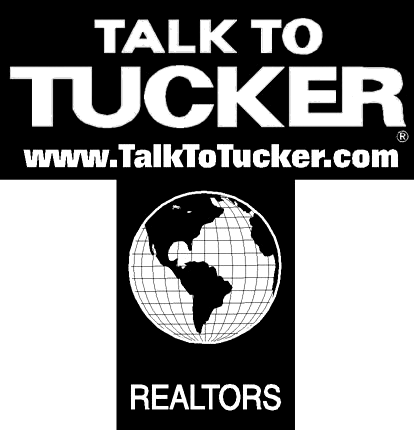Your mortgage company has a vested interest in making sure that you have insurance for your new home. They need to know that their investment has been safeguarded so that if your home is destroyed by fire six months after the closing, you will be able to either rebuild or repay the loan. For this reason, you will have to provide them with proof of insurance prior to your closing.
Homeowner’s policies insure your home and other structures on your property (e.g., a detached garage, shed, etc.) against loss or damage. This does not apply to structures used for business purposes (e.g., a garage used as a body shop) or rented to other parties. The policies also protect personal property in your home, although items of special value (e.g., expensive jewelry or furs) may require additional “riders” in order to be covered.
Your homeowner’s policy will also include liability insurance. If a friend falls down your stairs and breaks his leg, your liability insurance will cover the medical expenses and any legal liability you incur for bodily injury (up to the limits of the policy).
Like other insurance policies, your homeowner’s policy will have a deductible (the amount you have to pay before you insurance coverage will begin). The lower your deductible, the higher your premiums will be.
Homeowner’s insurance typically covers loss or damage caused by
- Fire or lightning
- Ice, snow or sleet
- An explosion
- Aircraft and other vehicles
- Smoke
- Wind or hail
- Theft or vandalism
- Riot or civil commotion
- Frozen or broken plumbing
- Malfunctioning heating and cooling systems
- Falling objects
Such policies generally don’t cover damage caused by
- A flood or underground water
- Earthquakes or mudslides
- Settling or deteriorating structural components
- Birds, rodents, insects or domestic animals.
